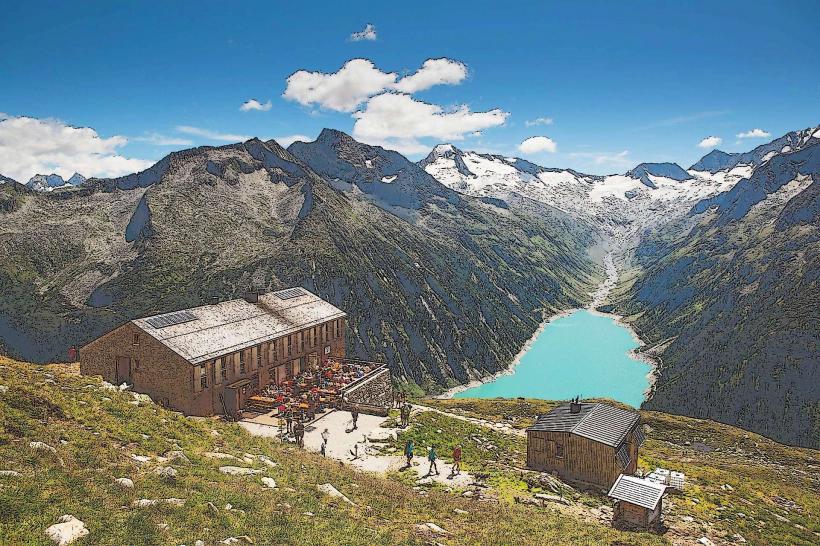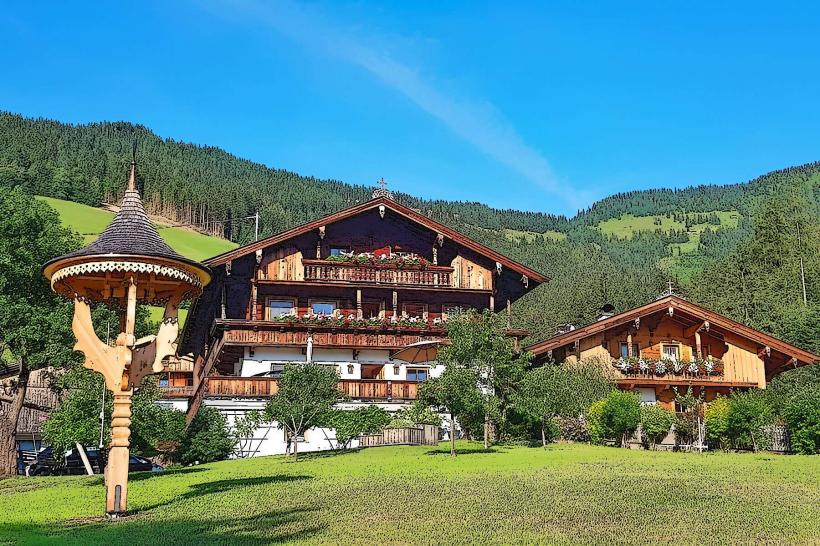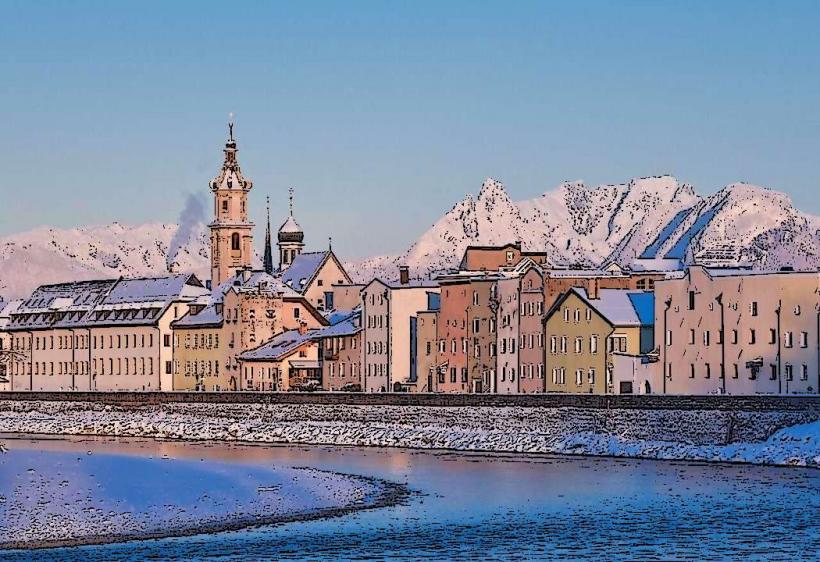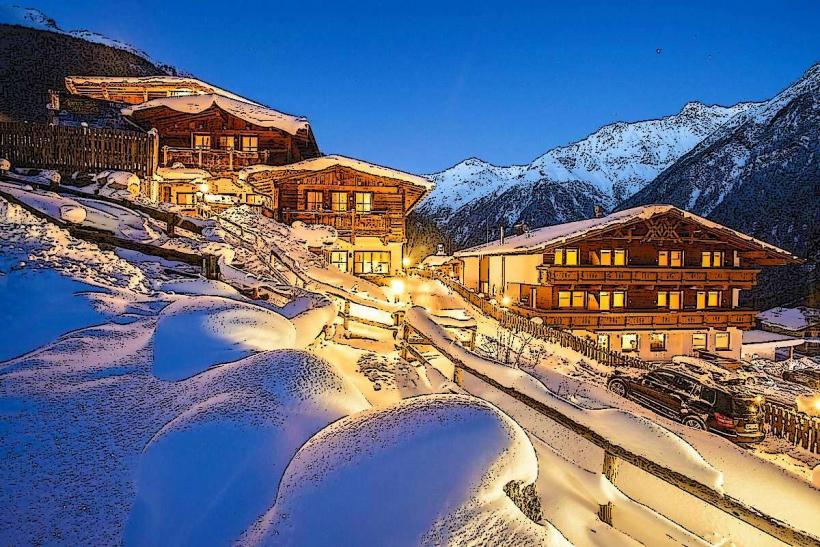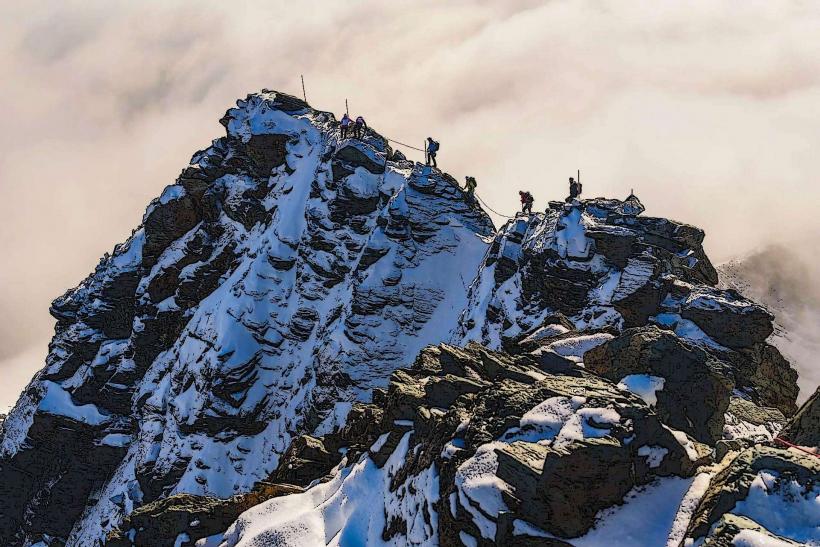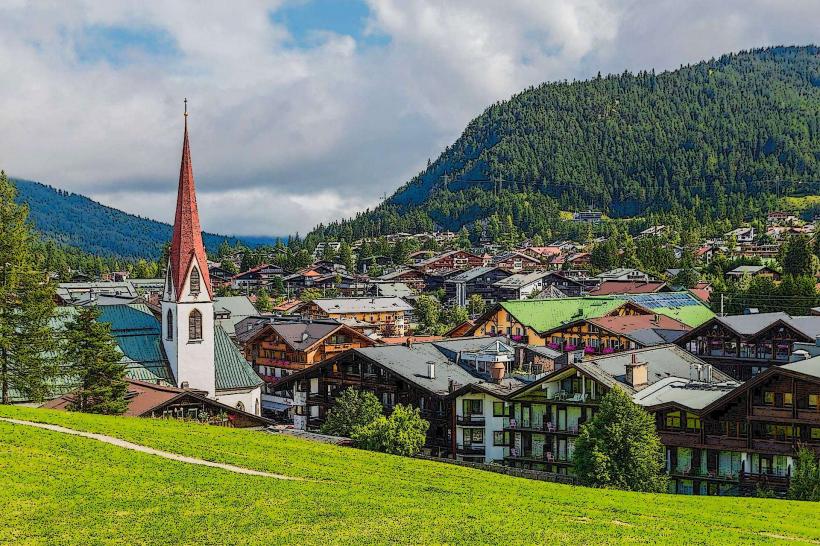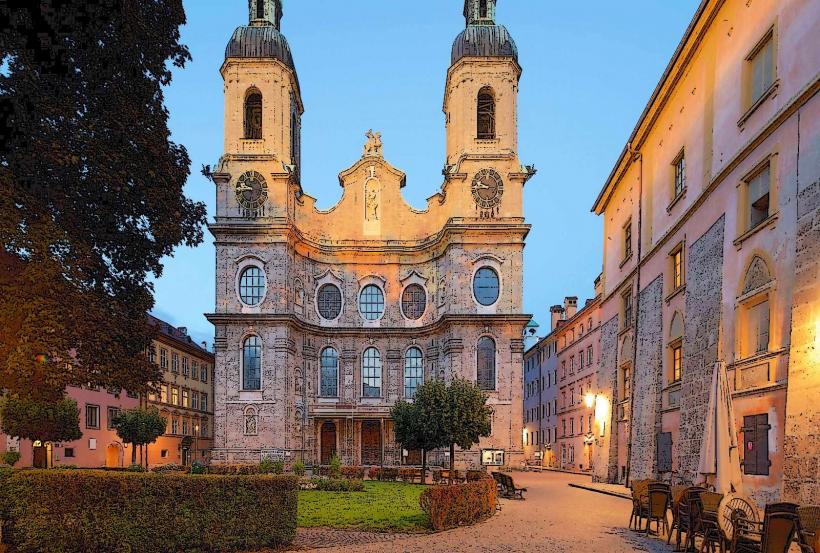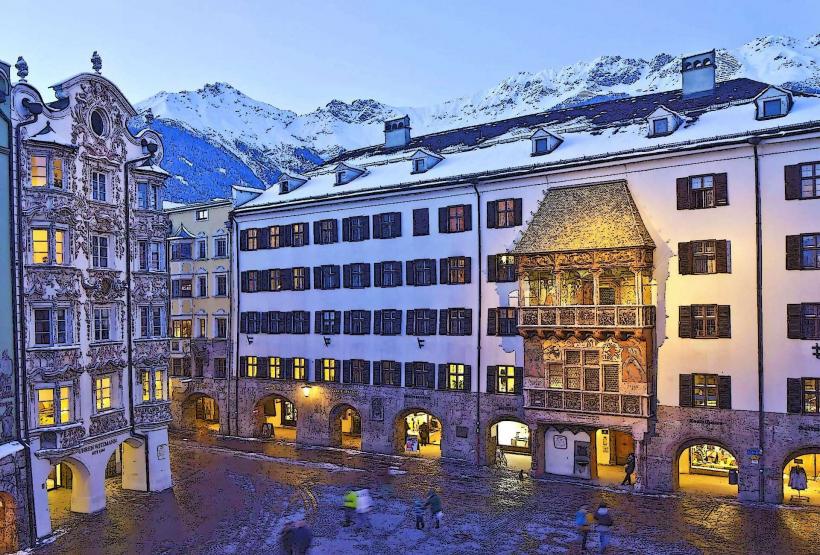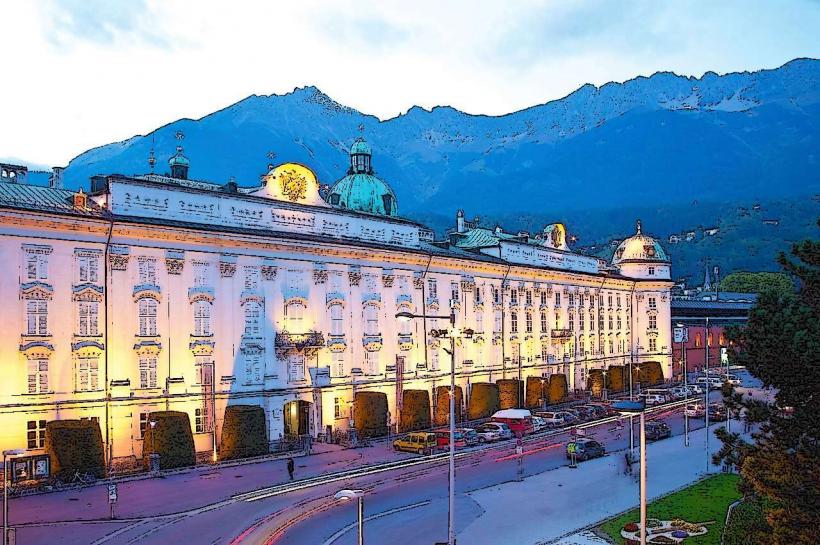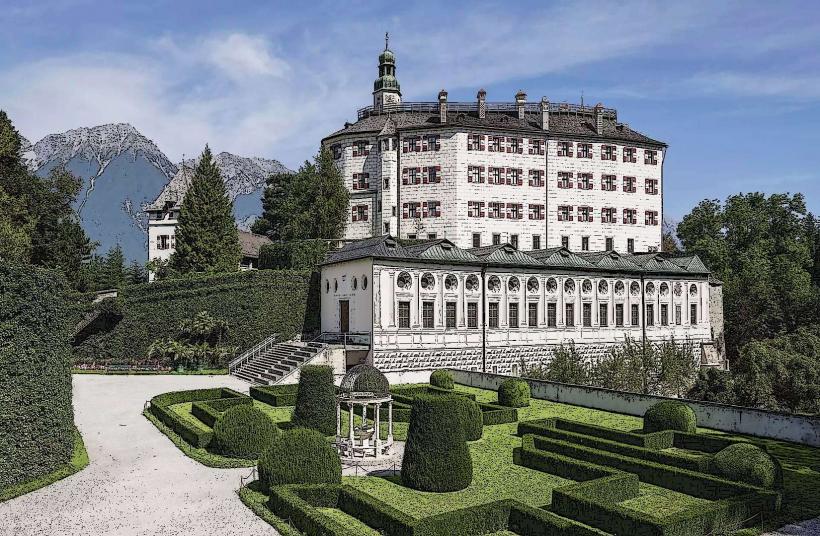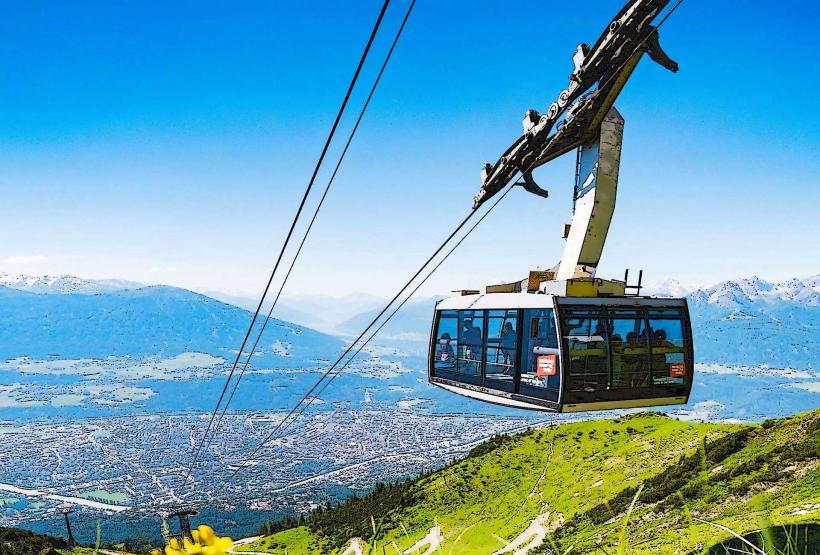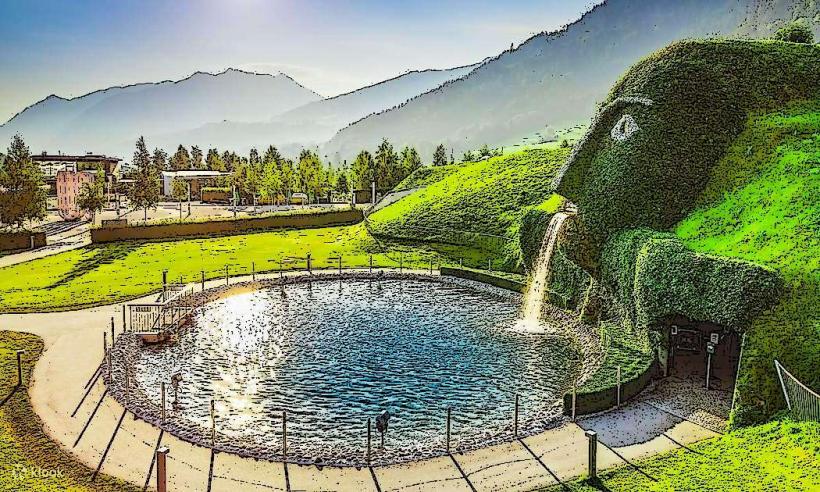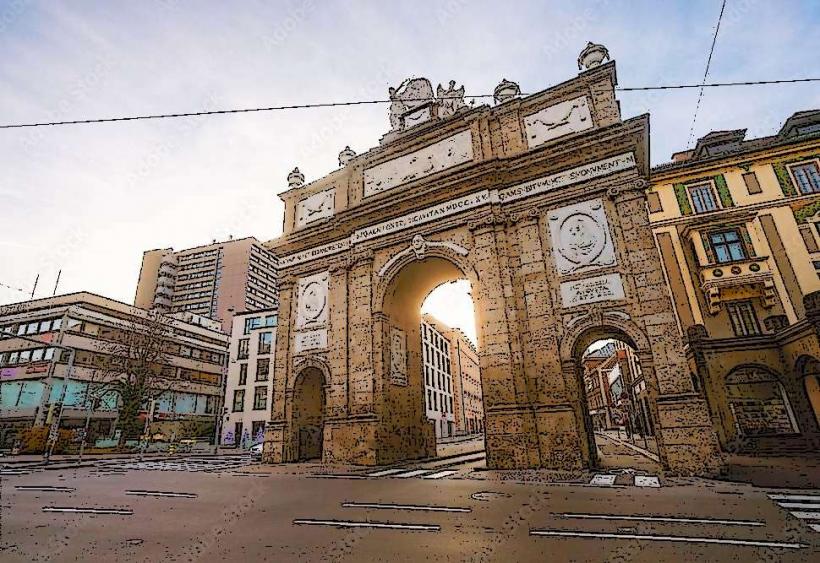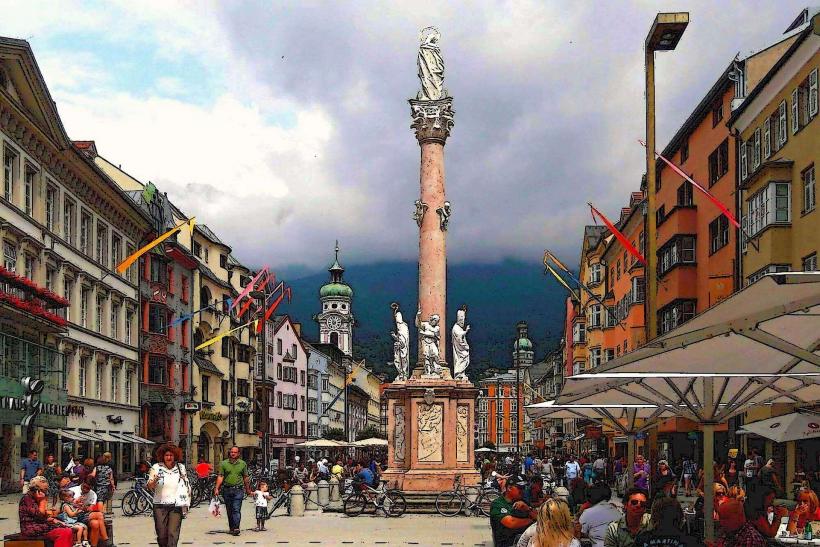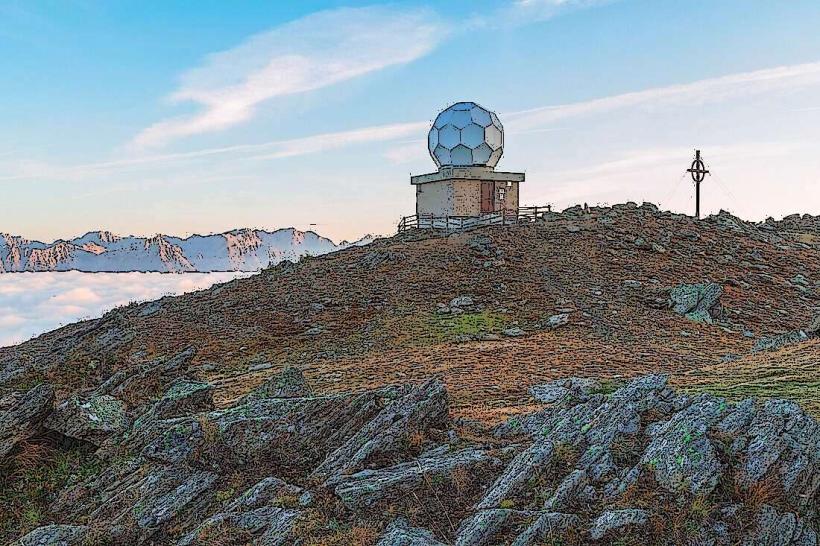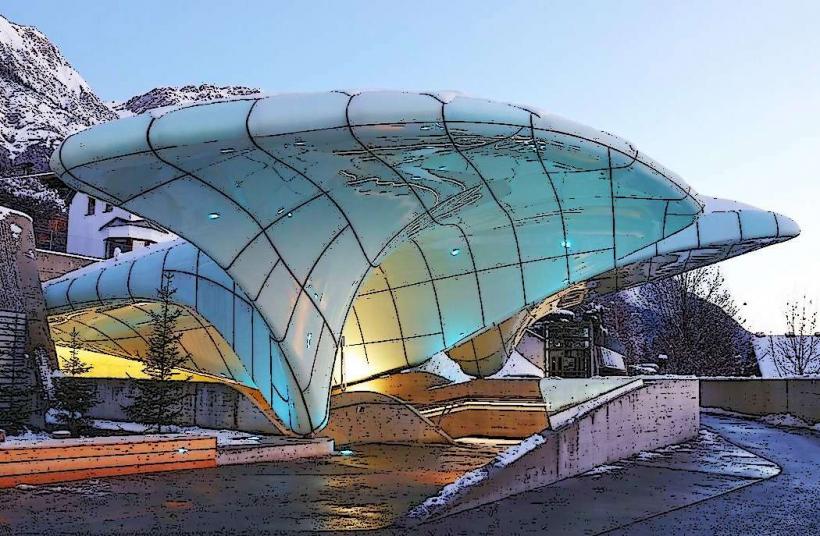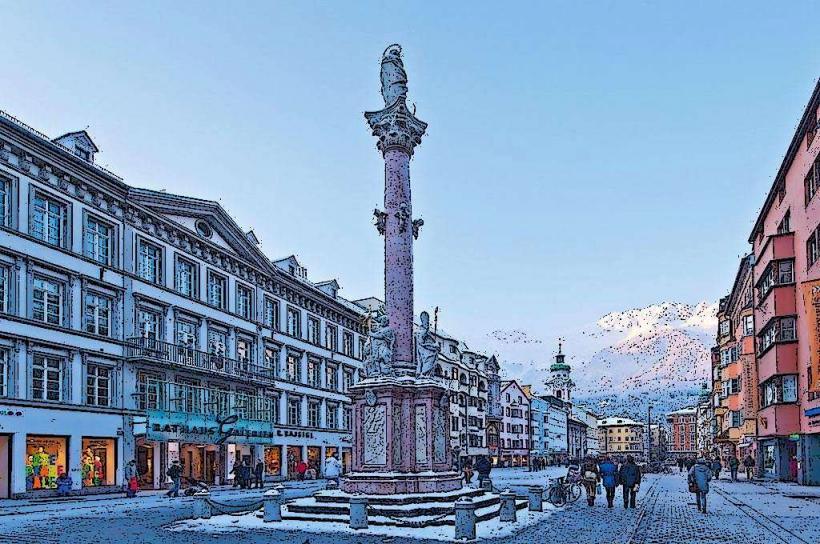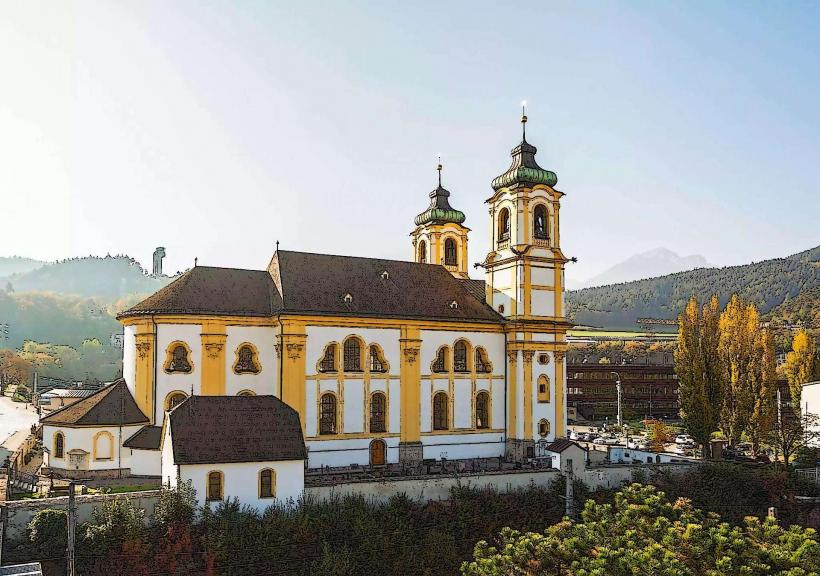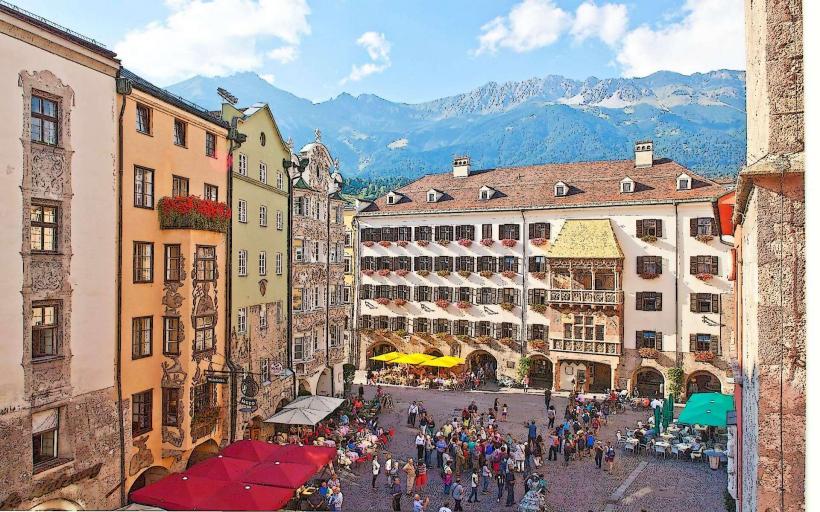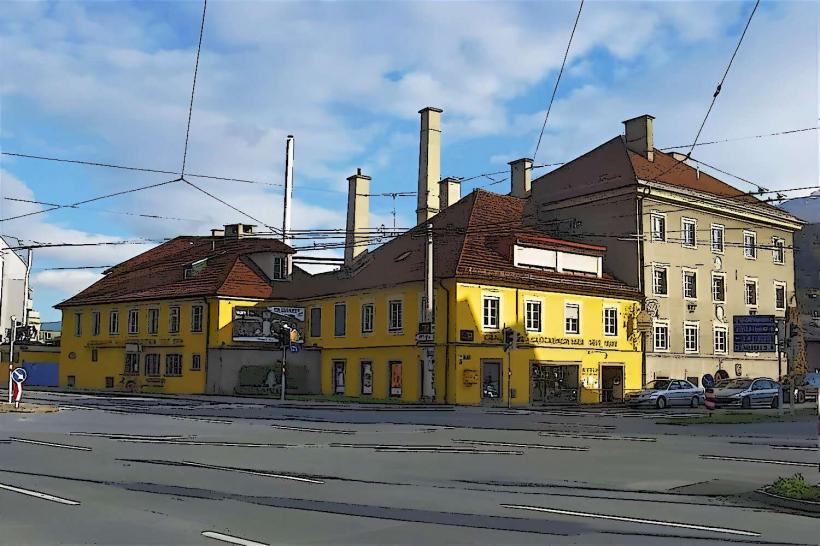Information
Landmark: Tyrolean Provincial MuseumCity: Innsbruck
Country: Austria
Continent: Europe
Tyrolean Provincial Museum (Tiroler Landesmuseum Ferdinandeum) – A Deep Dive into Tyrol’s Cultural and Historical Heritage
The Tyrolean Provincial Museum (Tiroler Landesmuseum Ferdinandeum) is one of the leading museums in the region of Tyrol, Austria. Located in the city of Innsbruck, it offers a fascinating insight into the art, culture, history, and natural heritage of the Tyrolean region, showcasing exhibits ranging from prehistoric times to the modern era.
Overview
- Name: Tyrolean Provincial Museum (Tiroler Landesmuseum Ferdinandeum)
- Location: Innsbruck, Austria
- Established: 1823
- Type: Cultural and Natural History Museum
- Museum Collections: Art, Archeology, Cultural History, Natural History, Tyrolean Folklore
- Architectural Style: The museum building features a neoclassical design, and its main facade is a historic landmark in Innsbruck.
History of the Museum
1. Origins and Foundation
The Tyrolean Provincial Museum was founded in 1823, initially as a regional museum to collect and exhibit objects relevant to Tyrol’s natural history and cultural heritage. The museum was established with the goal of preserving and promoting the region’s rich history, art, and cultural traditions.
1823: The museum was originally conceived by the Tyrolean Provincial Government as a place to house various collections related to the natural environment and cultural history of Tyrol.
Named after Archduke Ferdinand: The museum is named after Archduke Ferdinand II, who was instrumental in its founding. He was a passionate patron of the arts and sciences, and his interest in the region’s history helped shape the early collections.
2. Museum Building and Expansion
The museum’s original building, located in the heart of Innsbruck, underwent several renovations and expansions over the years to accommodate the growing collection. The main building was constructed in the mid-19th century in a neoclassical style, which remains the signature look of the museum to this day.
- Architectural Design: The museum’s design incorporates classic neoclassical elements, with wide arches, a grand staircase, and classical facades. It also includes modern exhibition spaces that highlight the museum's ongoing commitment to adapting to contemporary presentation methods.
Museum Collections and Exhibits
The Tyrolean Provincial Museum houses an extensive and varied collection that covers art, history, ethnography, archaeology, and natural history. Some of the key exhibition areas include:
1. Archaeology and Prehistory
The museum’s archaeological collections are among the most comprehensive in the region, spanning prehistoric to Roman and medieval times. The displays feature important artefacts, tools, and relics that reflect the history of Tyrol and its inhabitants.
- Prehistoric Tyrol: This section includes Stone Age tools, Bronze Age jewelry, and other items that offer insights into life in the Tyrol region before the advent of written history.
- Roman Artifacts: Objects from the Roman period, when Tyrol was part of the Roman Empire, such as pottery, coins, and building remnants, provide a glimpse into the Roman influence on the region.
2. Art Collection
The museum’s art collection showcases a range of historical and modern art. Visitors can explore paintings, sculptures, and graphic works by notable Tyrolean and Austrian artists.
- Baroque Art: The collection includes works from the Baroque period, which was particularly influential in the Tyrol region. Paintings and religious artifacts from this era are on display, including works by Tyrolean artists like Lucas Cranach and Paul Troger.
- 19th and 20th Century Art: The museum also features art from the modern era, with notable works from Austrian artists who were influenced by Romanticism, Impressionism, and Expressionism.
3. Tyrolean Folklore and Cultural History
The folk culture section of the museum focuses on the traditions, customs, and everyday life of the Tyrolean people. This area highlights how the region's rural communities lived and worked over the centuries.
- Traditional Costumes: The museum has an impressive collection of traditional Tyrolean costumes, showcasing the region's folk dress and craftsmanship.
- Tools and Household Items: Objects related to rural life, including farm tools, textiles, and furniture, illustrate the daily routines of Tyrolean families in earlier centuries.
- Tyrolean Music and Dance: The museum also showcases musical instruments, including traditional Tyrolean brass instruments and fiddles, and explores the role of folk music in Tyrolean culture.
4. Natural History
The natural history section of the museum focuses on the flora and fauna of the Tyrolean Alps, as well as the geological features that define the region.
- Animal Taxidermy: Visitors can view taxidermied animals from the region, including native species such as deer, marmots, and mountain goats.
- Minerals and Fossils: The museum features a collection of minerals, fossils, and geological specimens that tell the story of Tyrol's diverse natural landscape.
5. Coins and Numismatics
The museum’s numismatic collection is an important aspect of its exhibitions, with over 10,000 coins from ancient to modern times. The collection offers a detailed look at the region’s economic history through the study of currency and medals.
Special Exhibitions and Events
The Tyrolean Provincial Museum is also known for hosting a range of temporary exhibitions and events that focus on specific aspects of Tyrolean culture, art, and history. These exhibitions change regularly, and they may include:
- Art Installations: Contemporary art exhibitions often showcase works from local artists or explore specific themes related to Tyrol’s culture and history.
- Special Projects: The museum also organizes special projects that feature partnerships with other cultural institutions, creating dynamic experiences for visitors.
Visitor Experience
1. Museum Accessibility and Facilities
- Opening Hours: The museum is open year-round, though hours may vary depending on the season and special events. It is advisable to check the museum's official website for up-to-date hours.
- Ticket Prices: The museum offers affordable admission fees, with discounts for students, seniors, and families. There is also a free admission policy on certain days of the year.
2. Educational Programs and Guided Tours
The Tyrolean Provincial Museum offers guided tours and educational programs for visitors of all ages. School groups, in particular, benefit from interactive learning experiences that are tailored to help students engage with Tyrolean history, art, and culture.
- Workshops and Lectures: The museum hosts various workshops, lectures, and seminars on topics related to Tyrolean art, history, and culture.
Conclusion
The Tyrolean Provincial Museum (Tiroler Landesmuseum Ferdinandeum) is an essential cultural institution for anyone interested in the rich heritage of the Tyrol region. With its extensive collections in art, history, and natural science, the museum provides visitors with an in-depth understanding of Tyrol’s past and present. Whether you are an art lover, history enthusiast, or nature explorer, the Tyrolean Provincial Museum offers a unique and enriching experience that reflects the heart of the Tyrolean identity.

